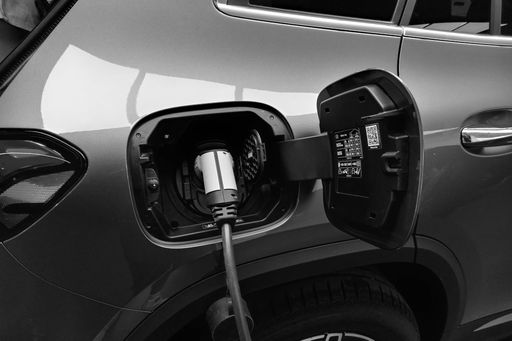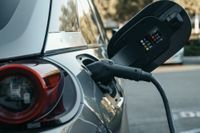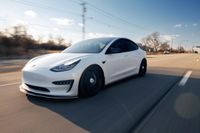Do Electric Cars Have an Air Pollution Problem?
In part seven of our EV mythbusters series, we explore claims about air pollution from electric cars and examine the science behind them.

The Claim
Some people believe that electric cars could contribute to air pollution due to the friction generated by their brakes and tires. They argue that the increased weight of electric cars and the resulting wear could lead to more particulate matter in the air.
The Science
While electric cars do not produce emissions from burning fossil fuels, they still generate particulate matter from the friction between their brakes, tires, and the road. However, electric cars typically use regenerative brakes, which produce less particulate matter compared to traditional brakes. Additionally, the weight of electric cars can lead to increased wear on the tires and roads, potentially contributing to particulate pollution.
It is important to note that all cars, regardless of their power source, produce some level of particulate matter. The exact impact of electric cars on air pollution is still uncertain and requires further scientific research.
The Verdict
While concerns about particulate pollution from electric cars are valid, it appears that the overall impact is comparable to that of traditional gasoline and diesel cars. The environmental benefits of electric cars, such as lower carbon emissions, outweigh the potential increase in particulate pollution. It is crucial to continue exploring ways to reduce air pollution from all vehicles, regardless of their power source.


